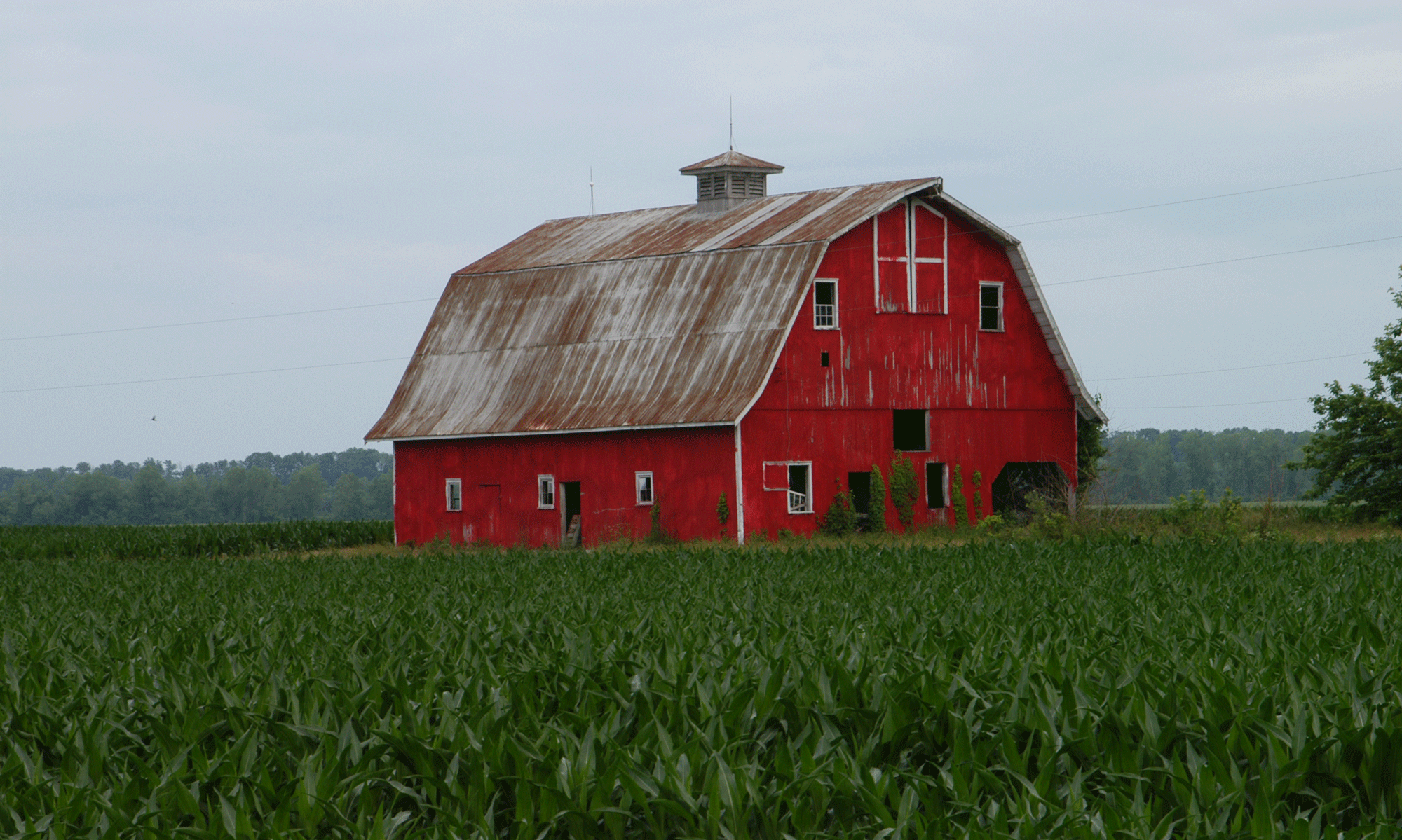One thing I really love about studying español is my conversations with people in other countries. Via Skype, I can practice and sharpen my burgeoning skills (do I dare insert LOL here) with the language. I love it because I get to learn about other countries and other cultures. When they asked me questions about my country and culture, I sometimes see our practices, our attitudes, our beliefs in a new light, perhaps I am even forced to re-exam some of my own long held tenets. Occasionally, I am at a lost for an answer. Try explaining our gun laws to a foreigner, it somewhere between very embarrassing and impossible. As a whole, I have learned how similar we human beings can be, while appearing very different.
Via Skype, I was visiting with a young accounting student, Konrad, who lives in La Paz, Bolivia. Normally, in these types of conversations you pick themes to talk about. For this round we started with traditions around New Year’s Eve and New Year’s Day. One Hispanic tradition I knew about was one from Spain. On New Year’s Eve, at midnight, they eat one grape for each time the church bell rings, for a total of 12 grapes. I believe that now they televise the ringing of the bells. I asked Konrad if they did the same in Bolivia. And they do, but in an abbreviated form, they just eat 12 grapes at midnight and do not worry about the ringing of the bells. I then told him about my tradition, a tradition very common in the South, of eating black-eyed peas and greens on News Years Day. It is supposed to bring you luck and wealth in the coming year.
Konrad then asked me if we did a lot of fireworks on New Year’s Eve, as it is a common practice in Bolivia. Of course, we do some fireworks, depending on where you are at, but New Year’s Eve is more known for an excessive amount of alcohol consumption. I went on to explain that the Fourth of July, our Day of Independence, is our biggest day for fireworks. In Bolivia the biggest day is the Fiesta of San Juan which occurs June 23rd, approximately the summer solstice here, but the winter solstice there as they are in the southern hemisphere.
 I asked him what the Fiesta of San Juan was all about. He was a little unclear as to its significance or its roots, but he told me it happened on the coldest day of the year, they exploded lots and lots of fireworks, and they ate lots and lots of hot dogs. And hot dog is the word he used. Occasionally I have heard perrito caliente, one of the articles linked to below mentioned, panchitos, but normally they just use the co-opted English word, hot dog.
I asked him what the Fiesta of San Juan was all about. He was a little unclear as to its significance or its roots, but he told me it happened on the coldest day of the year, they exploded lots and lots of fireworks, and they ate lots and lots of hot dogs. And hot dog is the word he used. Occasionally I have heard perrito caliente, one of the articles linked to below mentioned, panchitos, but normally they just use the co-opted English word, hot dog.
QuikTrip convenience stores sell a fiesta worth of roller hot dogs every day. I was at one of their stores a while back when I became fascinated by a Mexican man. He had grabbed two hot dogs and buns off the rollers and was now at the condiment station. What grabbed my attention was, besides the standard hot dog condiments, they now had salsa and chopped jalapenos. They may have had other ethnic condiments, but I noticed those because he was piling them liberally on top of his panchitos. Remembering that, I asked Konrad what people put on their hot dogs in Bolivia. He answered ketchup, mustard, and mayonnaise, but went on to tell me his favorite was chucrut, a word I had not heard before. I asked him what it was, expecting a local food or a type of salsa, after much going back and forth, resulting finally in a trip to Google Translate, I discovered it was sauerkraut. I immediately enthusiastically responded, “¡Compadre, yo también!” – Buddy, me too.
It really is a small world at times. Who would have ever thought Bolivians would be eating a quintessential America food, hot dogs, with all the recognizable fixings at one of their major holidays.

Curiosity overwhelmed me so I had to find out more about this particular festival. While having pagan roots, summer/winter solstice, it is a day primarily to recognize Juan Diego, the first Catholic saint indigenous to the Americas. At one time it included bonfires, many bonfires, but the Bolivian government stopped that practice for many good reasons. Now it is a day of fireworks, barbecues, being with family, and as one of the articles said “copious drinking”. As would be expected, there are many traditions and superstitions associated the holiday.
Below are a couple links if you want to know more.
San Juan Festival (Fiesta de San Juan
The night of San Juan in Bolivia
And so it goes.
